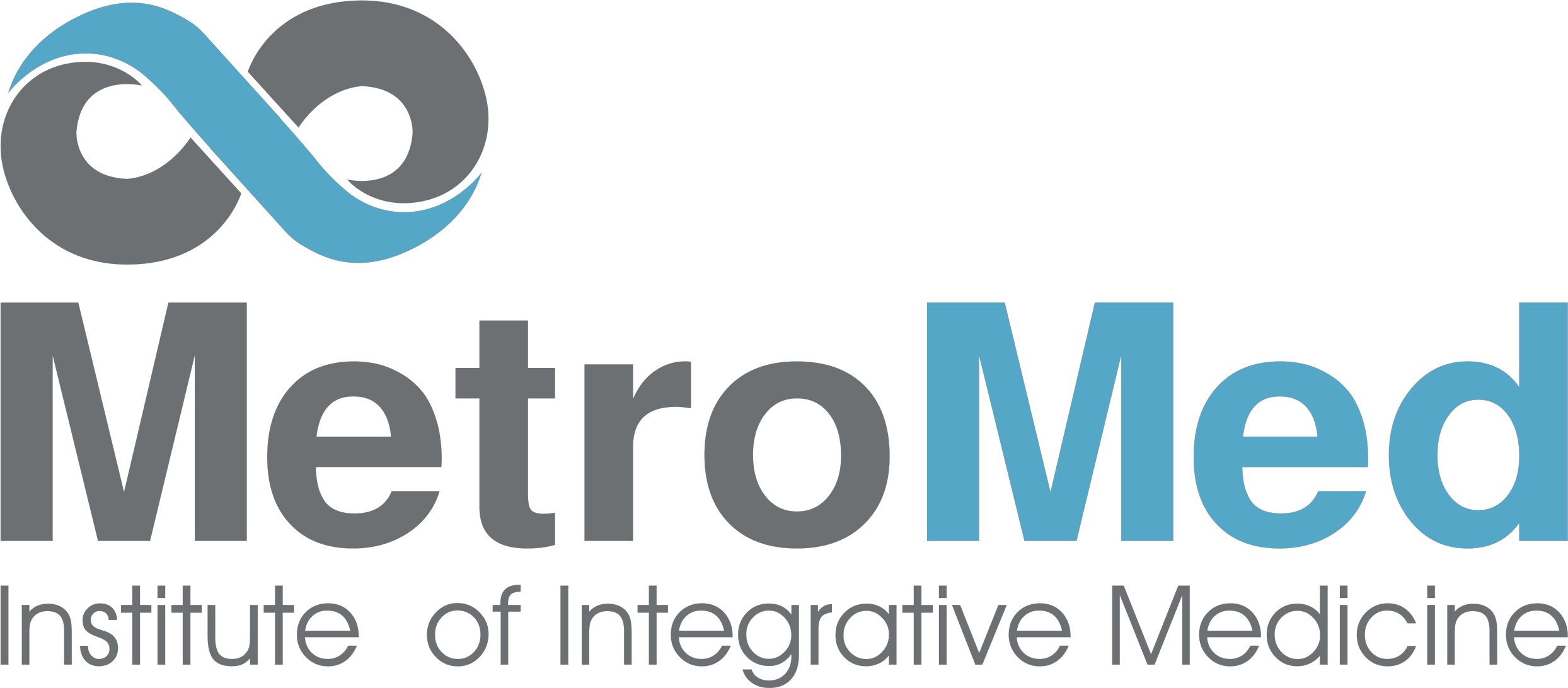Recently ABCs Dr. Oz tackled the issue of Human Growth Hormone therapy and the safety behind it. Dr. Oz took a strong stand against the therapy but his claims criticizing the safety of HGH could not be backed up and were unfortunately outdated. The strongest notion he cited on the HGH controversy was that HGH promotes telomere damage and that it will actually cause you to age more rapidly if you take HGH injections. But, is this really true and what evidence is out there to back up what Oz is saying?
To understand what the debate is really about you have to know what a telomere is and how its destruction can lead to cell death. A telomere is a “cap†that is found on the end of all of our DNA strands. This cap works like the plastic tip at the end of our shoelaces. It keeps the strands of DNA from unraveling. If the cap is damaged or removed, your DNA frays and falls away. The vital information stored within it can no longer be used to make the protein-messengers that keep the cell alive. Once the DNA is harmed through the loss of its telomeres, your cell can no longer reproduce or repair itself and it perishes. This is the beginning of the aging process and it is all based on the lack of our body to repair itself.
Dr. Oz on his show entitled “The Controversial Shot†claimed that HGH harms the telomeres and that HGH will actually damage your telomeres. This was an old theory held by some researchers during the earlier years of HGH research. However, the 21st century data shows that this is certainly not the case. In fact, just the opposite seems to be occurring!
Four on-going studies since the beginning of the new millennium have preliminary findings that suggest that this belief is completely wrong. Namely, they are showing that HGH actually corrects the damage done to telomeres following the wear-and-tear of cell reproduction and replication.
One of the most favored of the recently published studies comes from Dr. Gomez-Garcia and his colleagues at the University Hospital La Paz where research findings have begun to unmask the truth about the beneficial relationship between HGH and telomere repair.
In the La Paz study and in several other supporting papers, HGH was actually shown to up-regulate and to promote†a key enzyme called telomerase. This enzyme repairs our telomere caps which have become frayed as we age. As the natural levels of HGH within our bodies decline over our lifetimes, we see an increase in telomere damage but by stimulating telomerase through the addition of HGH, the newly generated telomerase intervenes to repair the damaged tissue.
Our cells not only benefit from but require this vital enzyme and Human Growth Hormone to stay intact and to continue to reproduce. Human Growth Hormone is now being shown to be very beneficial in slowing down the aging-process precisely because of its ability to restore the telomeres by working all the way down to the genetic level and finally repairing our beloved DNA.
So what does all this mean? By helping your cells to repair your DNA you can expect your cells to replicate more frequently. If your cells have the ability to replicate more times as a benefit of this repair process, you will have the ability to live a longer and healthier life than ever before.
On this subject perhaps Dr. Oz should have actually said that studies do exist which demonstrate that HGH actually promotes the repair processes involved in anti-aging and that the pros outweigh the “cons†when it comes to utilizing HGH injections.
To sum it all up, HGH shows many beneficial effects in helping to combat the signs of the aging process. Also, it is clear that we should NOT follow the guess-work of theories of the early years of HGH research but rather we should embrace the current data of the 21st century. When any physician, including Dr. OZ says, “But we just don’t know enough about it, it simply means that HE doesn’t know enough about it. Your reply should be, Well, go look it up! It’s all there.
Just imagine what would have happened if surgeons had never changed their surgical techniques and oncologists never changed their chemotherapies. We might as likely still be doing surgery without sterilizing instruments or giving poisons in place of the life-saving drugs in today’s fight against cancer. Now these are not pleasant thoughts. With the studies and advances in technology available to us today regarding this so-called HGH controversy, there should no longer be any issue over its safety and efficacy, but rather there should be a debate of whether or not you want to maintain a healthy and active lifestyle and when and where to initiate HGH therapy.
Copyright © 2011 Alex Martin MD & Devin Stone, Los Angeles


